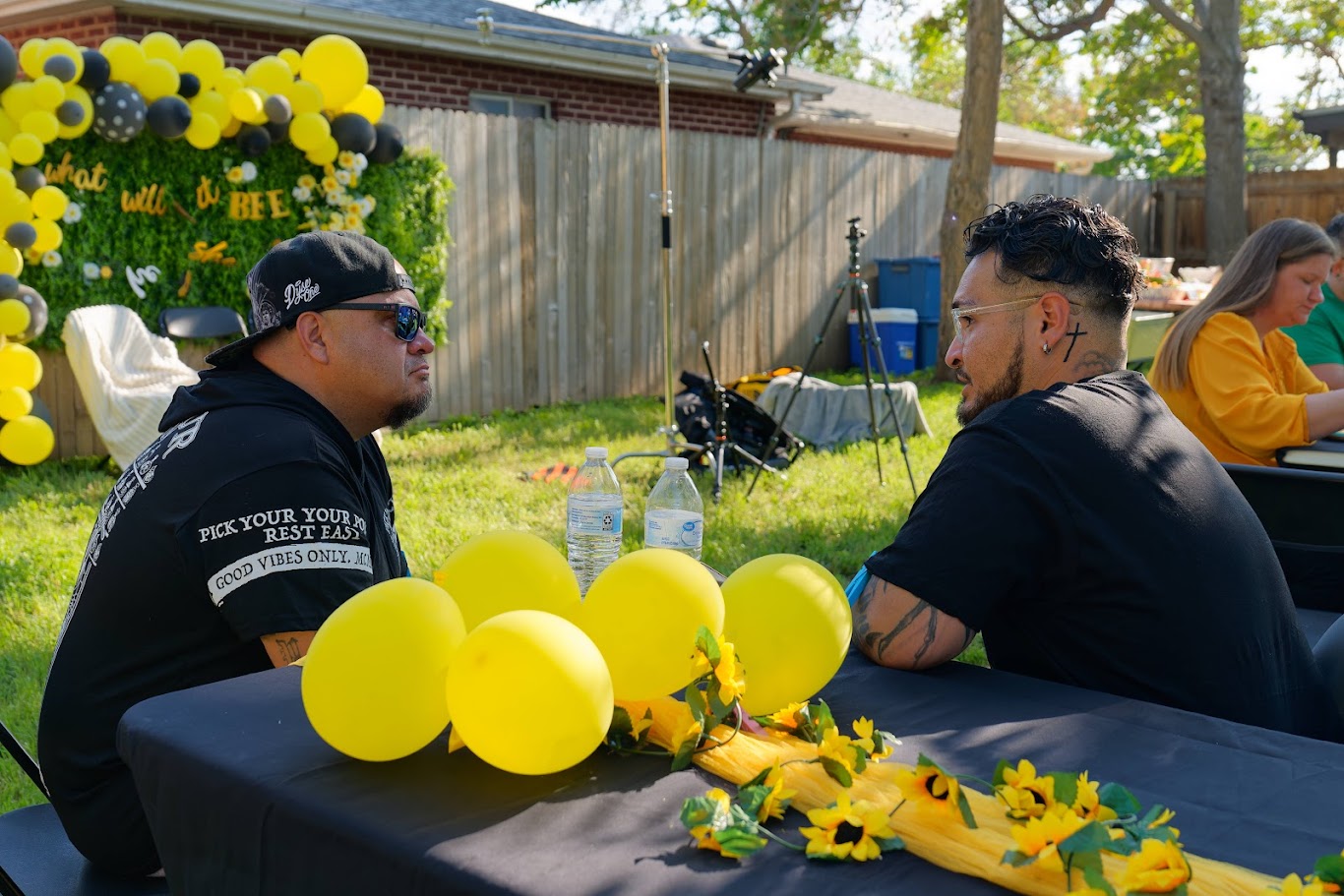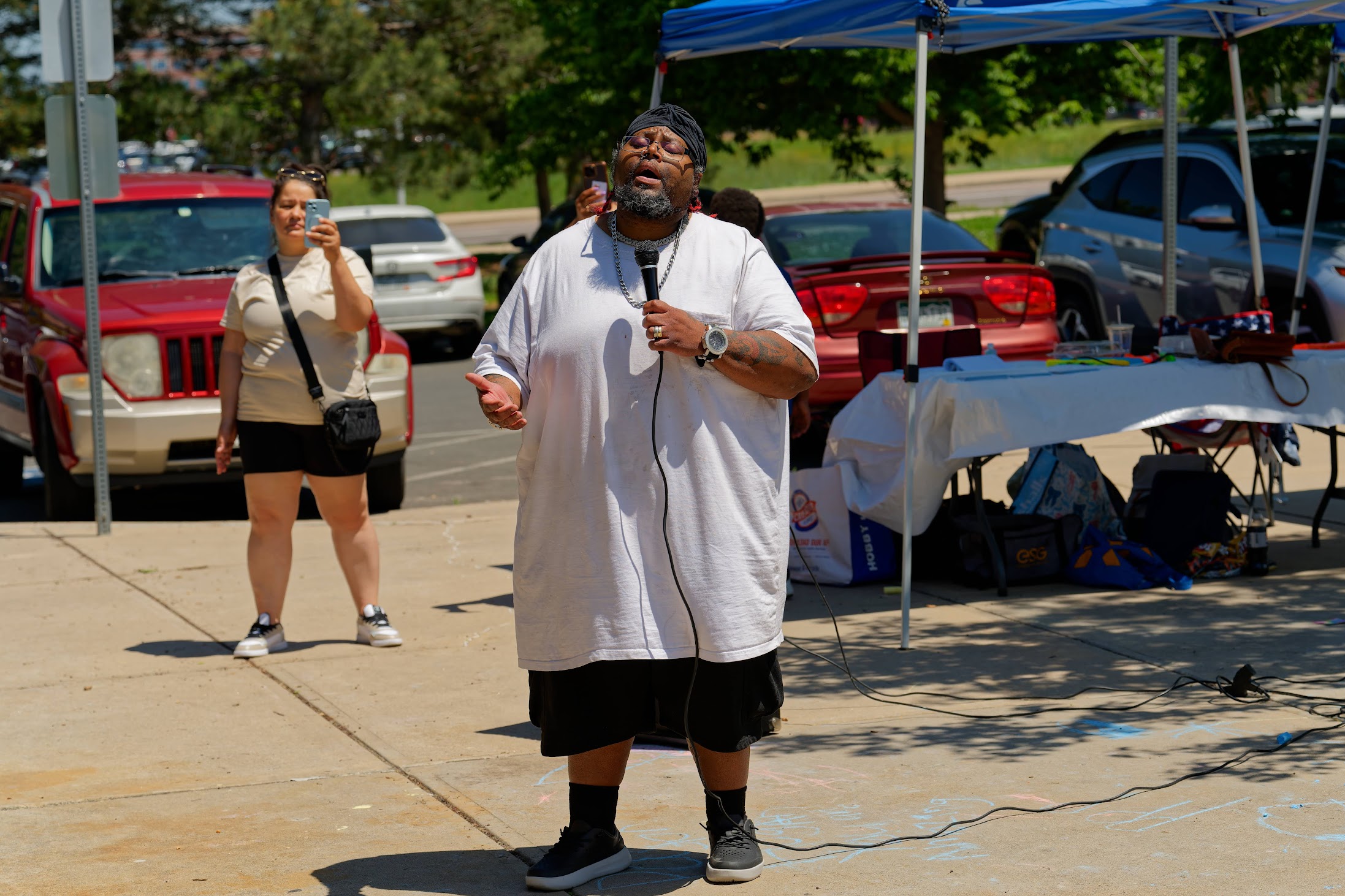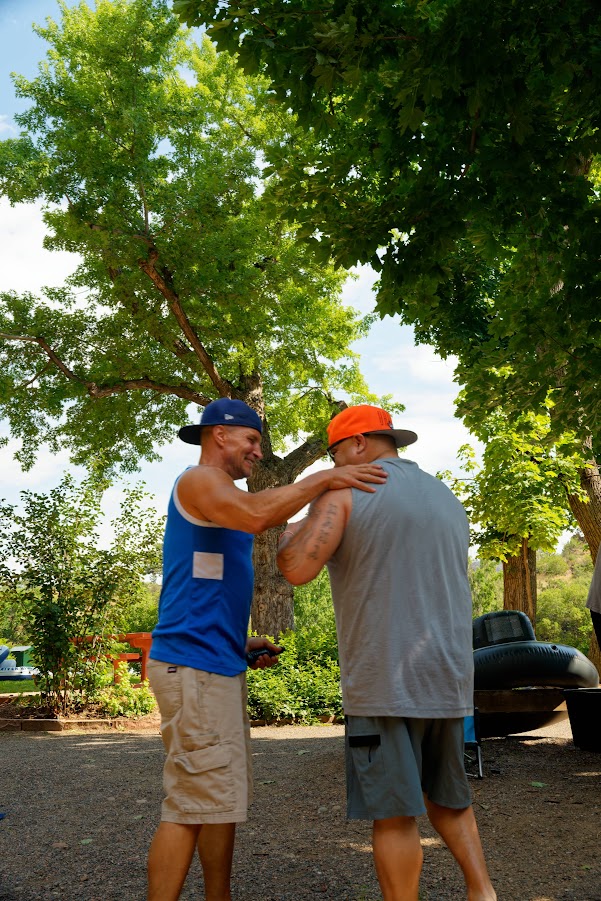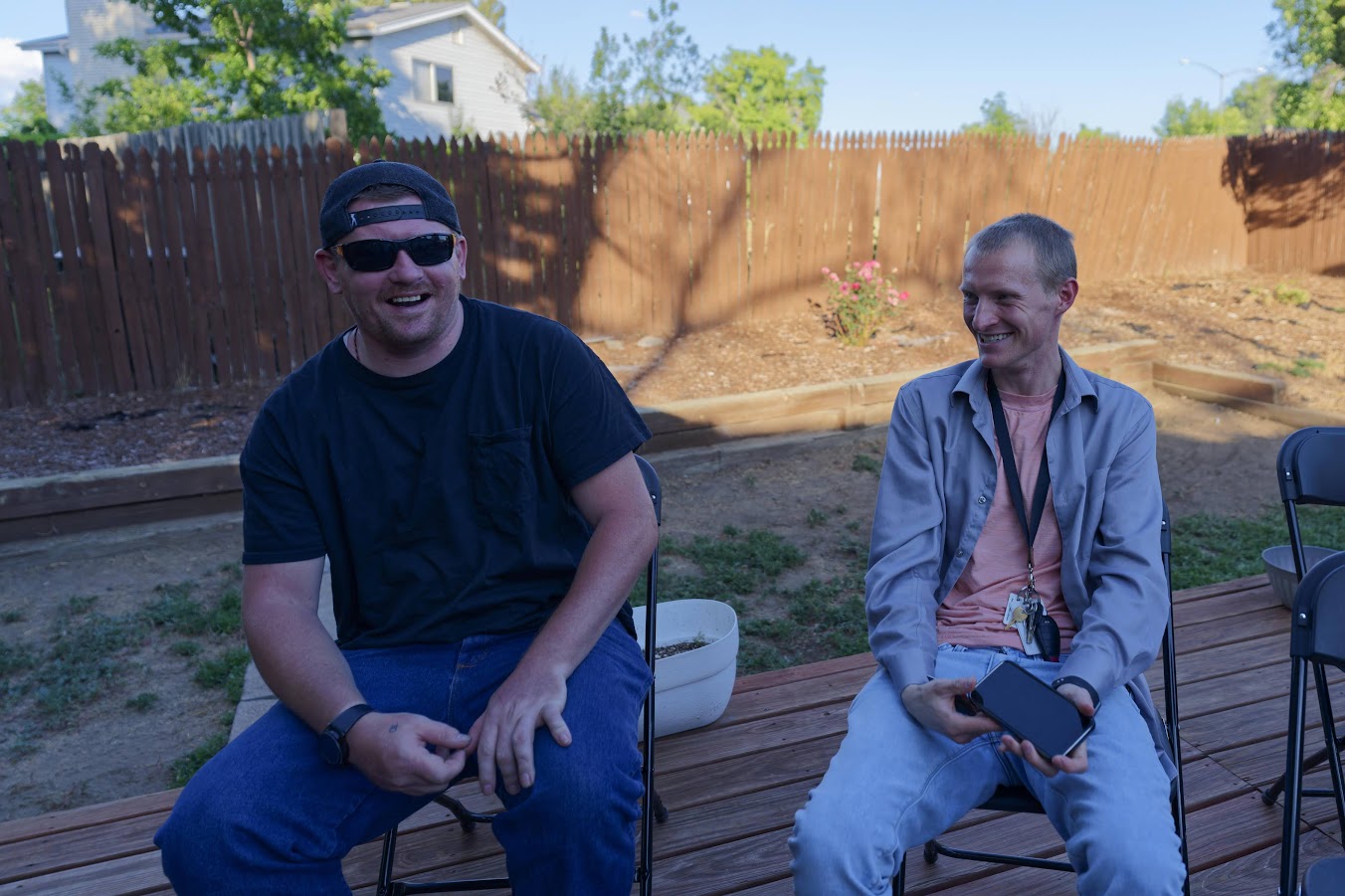
Peer recovery coaching is important because it leverages the unique perspective and experience of individuals who have successfully navigated addiction recovery to support others in their journeys. This form of support, distinct from traditional therapy or counseling, fosters a sense of hope, builds trust, and provides practical guidance, ultimately increasing the likelihood of successful and sustained recovery.

- Shared Experience and Empathy: Peer recovery coaches have firsthand experience with addiction and recovery, allowing them to connect with individuals on a deeper, more empathetic level. This shared understanding can build trust and rapport, making it easier for individuals to open up and engage in the recovery process.
- Hope and Inspiration: Peer coaches serve as living proof that recovery is possible, offering a tangible example of hope and inspiration to those who may feel overwhelmed or discouraged. Seeing someone who has successfully navigated similar challenges can be incredibly motivating and empowering.
- Practical Guidance and Support: Peer recovery coaches provide practical assistance with navigating the challenges of recovery, such as developing a recovery plan, connecting with resources, and building a support network. They can offer guidance on coping strategies, relapse prevention, and life skills development.

- Reducing Stigma and Isolation: Peer recovery coaching can help reduce the stigma associated with addiction by normalizing the recovery experience and demonstrating that recovery is achievable. It also provides a sense of belonging and community, combating the isolation that often accompanies addiction.
- Enhanced Treatment Outcomes: Research indicates that peer recovery coaching can improve treatment retention, reduce relapse rates, and increase overall satisfaction with the recovery process. It can also help individuals connect with and benefit from other recovery support services.
- Complementary to Traditional Treatment: Peer recovery coaching is not a replacement for therapy or medical treatment, but rather a valuable complement to these services. It addresses the social, emotional, and practical needs of individuals in recovery, often filling gaps that traditional services may not fully address.

In essence, peer recovery coaching is a powerful tool for promoting long-term recovery because it leverages the unique strengths of lived experience, builds hope and trust, and provides practical support that can be transformative.